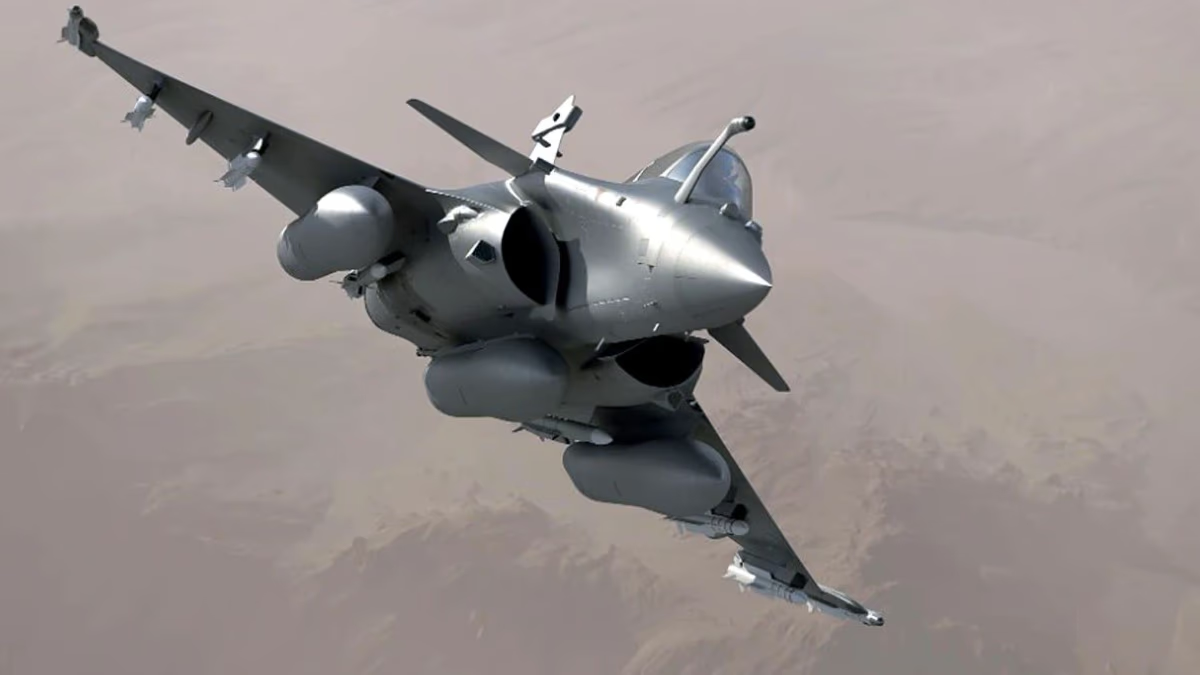Aviation expert and military historian Tom Cooper shared with India Today that India emerged as the definite winner in the aerial conflict against Pakistan during Operation Sindur. This statement came to light after India initiated Operation Sindur on April 22 in response to the terrorist attack in Pahalgam, while Pakistan attempted aerial assaults using missiles and drones in border areas last week.
'Assaults on Nuclear Sites'
Cooper stated that from the evening of May 7 to May 9, his observations of news and social media made it apparent that Pakistan was losing this fight. He said, 'When you witness attacks on Pakistani air defense on the ground, the Pakistani Air Force was forced away from the border towards India's side.'
He added, 'This also meant the Indian Air Force was capable of launching missiles close to or within Pakistani airspace.' Cooper noted that the final blow was when India not only attacked Pakistani air facilities but also targeted nuclear storage facilities, defying official statements, presumably including those at Sargodha and Noor Khan airbases.
See the Full Conversation Here
A Shift in India's Strategy
When asked why Pakistan could not effectively utilize its air defense system, military historian Cooper explained that a fundamental shift in India's strategy had occurred, with politics abruptly altering its stance. He further stated that what's fascinating is that the armed forces possess the capability to instantly adapt to this changed strategy and successfully execute it.
Cooper described how the Indian Air Force first obliterated the enemy's air defenses and then prevented them from intruding into their own airspace. Subsequently, precise attacks were conducted on enemy airbases and military sites, all part of the extensive Operation Sindur executed by the Indian Air Force.
An Unprecedented Strike
He remarked that the Indian military forces are distinctly trained, and, for the first time, they were instructed to respond using that training, resulting in targeted attacks. Previously, they were advised against attacking Pakistani airbases or military locations under any circumstances, refraining from crossing the LoC. The capability was always present, but it had not been utilized until now. Notably, the Indian Air Force executed these strikes in Pakistan without crossing the LoC.
Cooper also noted that the world was aware of India's capabilities, but they had never been showcased publicly. He asserted that within 24 hours, India demonstrated its ability to deliver an overpowering blow to Pakistan. While India's military prowess was never in doubt, and globally, it was regarded as a superpower, political decisions had not aligned as they did this time.




